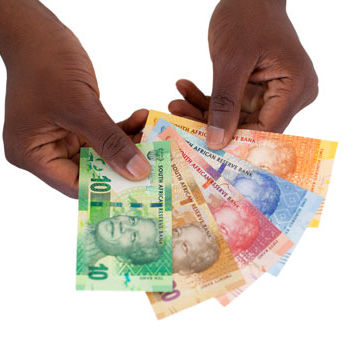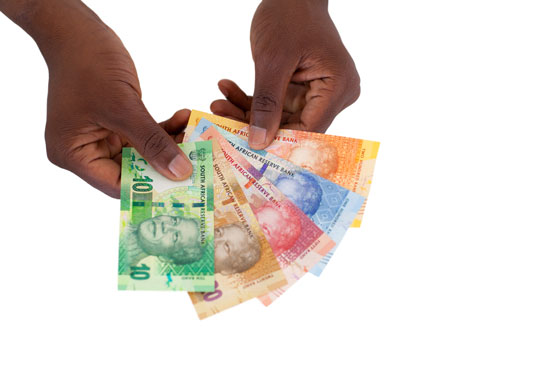
Bad spending habits can easily lead to a big financial hole if you don’t look out for them carefully.
Eunice Sibiya, Head of Consumer Education at FNB addresses three of the worst spending habits causing the most financial headaches.
SHOPPING WITHOUT A PLAN OR A BUDGET
How often do you decide to pop into a mall or shop during your lunch hour or on the weekend without intending on buying anything, and come away with armfuls of new clothes, shoes or even a nice cake from a bakery? It is these quick trips to stores that are the major undoing for many people.
Even if you go into a store with the best intentions, such as going to pay off your store card, you are often led astray and end up buying something as you leave.
The best thing to do
- Avoid going to the shops in the first place.
- Unless there is a very specific thing that you need and it is written down, don’t venture into a store.
- If you tend to spend your weekends at malls, try finding another option that is healthier for your wallet and your family, like a picnic in the park or visiting friends.
- Try pay for your store card through an electronic transfer, which will stop the temptation of unplanned buying.
SMALL PURCHASES THAT MAKE BIG DIFFERENCES
A take-away cappuccino and lunch every day might not seem like a big expense as a once off, costing around R50. But, what is most people’s undoing is in its regularity. These small daily purchases quickly accumulate. An average working month has 22 working days, so R50 for each of these days will amount to R1 100, without you even realising it. If you are more careful about spending on the everyday, you will quickly find that you have more cash at the end of the month, without even really trying.
NOT KNOWING WHAT YOU ARE SPENDING ON YOUR DEBT
Do you know the current interest rate on each of the cards in your wallet? The answer is most likely not. If you don’t know how much you are paying to borrow money, how can you be expected to keep control of it?
- Spend some time going through all the different debt you have, from store cards, to credit cards, short term loan repayments, car repayments or your bond and find out exactly what you are paying on each loan.
- Once you understand how much your debt is costing you, you can start working towards paying off some of these debts faster. Once one card is paid off, don’t be tempted to spend on it again.





